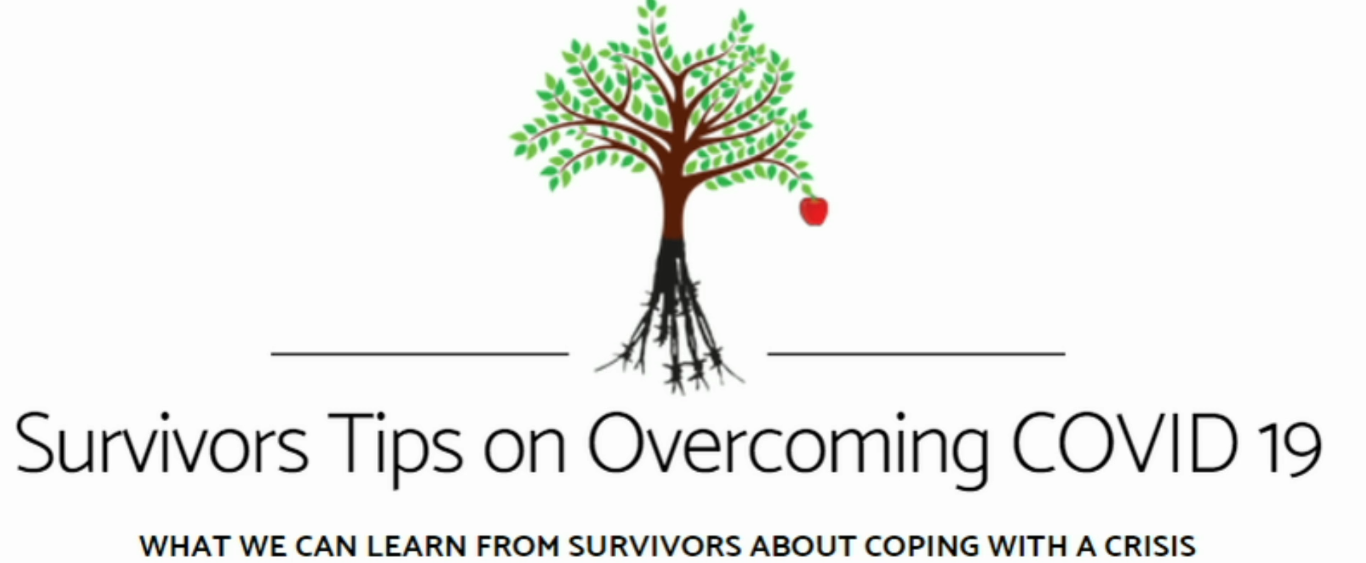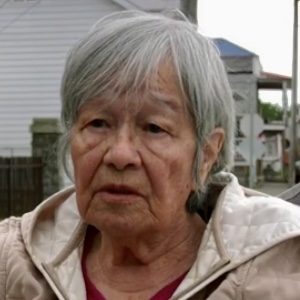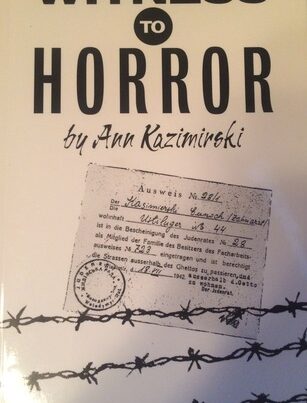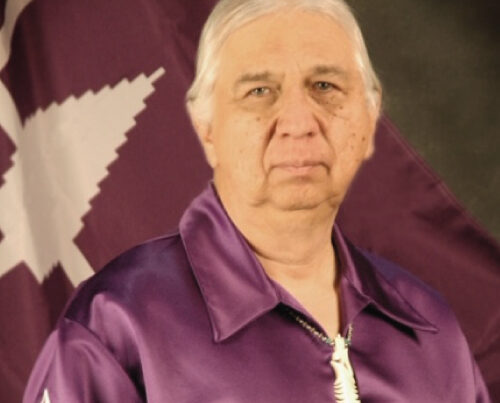Survivors Tips on Overcoming COVID 19
WHAT WE CAN LEARN FROM SURVIVORS ABOUT COPING WITH A CRISIS
We asked survivors of various genocides a series of questions about their experience of surviving genocide, and how they dealt with their experience. We then asked them for their thoughts on how the public can cope with the current COVID-19 health pandemic, and the drastic impact this crisis had had on our lifestyle and society.
The questions
1. Can you briefly describe what was your experience surviving genocide?
2. How did you cope with going through such an experience? In other words, how did you manage to keep going forward?
3. Do you have any tips (3-5) for individuals who are living in difficult times or who are facing a dramatic change in their life? How do you adjust?
4. Do you have any wisdom that you would like to share for members of the public going through the COVID 19 crisis? What are you hoping might be some of the positive changes to society following their social isolation?
5. What would be your message of hope and solidarity in one sentence?
BAVON KIRENGA – Survivor of the genocide in Rwanda against the Tutsi
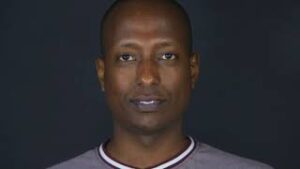
I was nine years old during the genocide against the Tutsi in Rwanda in 1994. I was living a happy childhood with my parents in the country’s capital, Kigali, when on April 6th, 1994, the genocide began. The Hutu extremists set in motion a plan to exterminate the entire Tutsi ethnic group by massacring without mercy close to a million civilians in the span of a hundred days. As my family was Tutsi, most of them were massacred, including my parents, and only three of my siblings and I survived.
I was able to keep living by telling myself that I had healed from my wounds in 1994 for a reason. There was a time when I did not speak about my experience during the genocide, but eventually I realized that speaking out about these events had become a kind of therapy. Continuing to live my life, having my own family and being involved in my community, it is a way for me to prove to the perpetrators of genocide that their plan failed.
My tips are:
- Take the time to grieve or to let events sink in
- The time this will take is different for each individual
- Seek professional help as much as possible
- Do not fall into the temptation of social isolation
- Take it one day at a time
Take advantage of this confinement period to get closer to family members and friends through video technology. Check up on the well-being of the elderly or people close to you that live alone. Several things will have changed after this pandemic. It will have made us realize how we are all equals and I hope that this will help change the mindsets that to this day still lead to genocides.
Let’s remain united even after COVID 19.
MOSES GASHIRABAKE – Survivor of the genocide in Rwanda against the Tutsi
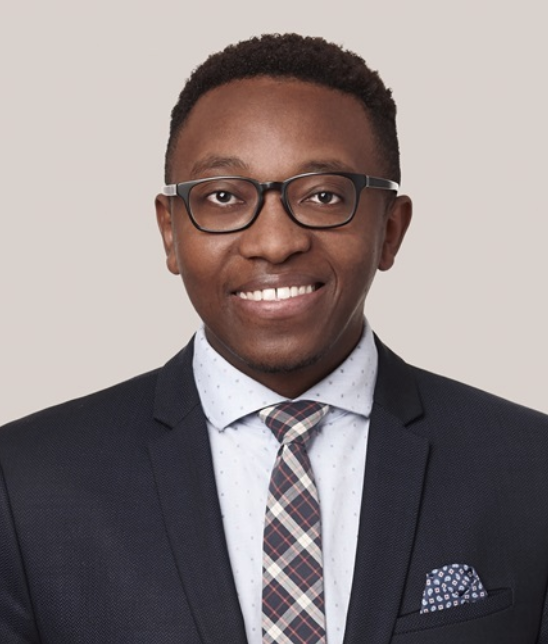
Surviving the tragic 1994 genocide against the Tutsi of Rwanda at a very young age was followed by many years of silence caused by trauma. Having witnessed the killing of innocent people, moving to new countries and finally settling in Canada brought many challenges. Many years were full of confusion. I did not know how to move towards healing. Having supportive new communities in Canada and witnessing the resilience of others became encouraging. I finally broke my silence during my second year of undergraduate studies, after being encouraged to do so by a community member.
Breaking the silence and talking about my survival became therapy. However, the first few testimonies were not easy. The more I shared my story in various settings (classrooms, workshops, conferences and community gatherings) , I gained more strength. Sharing one’s past traumatic experience has a mental benefit, as confirmed by my best man who happens to be a psychiatrist. The catharsis and release have helped me to move from feeling helpless to now feeling empowered to help others through advocacy. I have also made it my mission to encourage others to share.
I know tens if not hundreds of people within our communities that are going through trauma. My advice to them, even though difficult, is that they find the strength to share their troubles. This will help them move closer to healing and empowerment. Adjusting requires community support- which is in many cases available.
The current COVID-19 pandemic is a huge challenge for everyone. Social isolation and distancing will present many challenges, including mental ones. A few people I know have lost loved ones. This is an even harder time for them. Similar to tragedies such as genocides, many did not get the chance to say goodbye to loved ones. The best we can do now is encourage them by checking/talking to them and providing support to those in need. Some positive changes to society, after this is over, is that we will hopefully celebrate our collective resilience. We can use learned lessons to take care of each other even more as friends, families and communities. The post-pandemic situation will be tough from a socio-economic standpoint for many, but we, soon, rise again together.
We shall, soon, overcome!
SIDNEY ZOLTAK – Child Holocaust Survivor
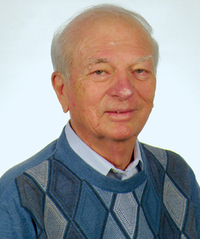
The battle of surviving my genocide, the Shoah, started for me and my family on September 1, 1939, the day that Germany invaded Poland. With a short interval, when my city of Siemiatycze was destined to be under the occupation of the Soviet Union. After the German Third Reich invaded Soviet-occupied Poland, on June 22, 1941, the battle to survive another day began in stages. Schools for Jewish children were closed. The mobility in the street for Jews was subject to strict curfews. My parents were taken out of town as slave labourers, and I was taught early on to become invisible. I was not allowed to play with friends, laugh, sing or talk loud. We children learned to whisper. Food was rationed. On August 1, 1942, they herded us into a Ghetto where we shared a hut with other families. The most dangerous and frightening day of my life was, at the age of eleven, when, in the middle of the night, on November 2, 1942, when my father pushed me through an opening in the barbed wire fence and told me to run away from the Ghetto. As I began running by myself, with bullets wheezing all around me, I finally got to a forest where I later met my father and a few other members of my family. We then, sometimes together and at times in smaller groups began an impossible task of finding shelter for the next almost two years. The last shelter was in an underground bunker where I did not see daylight for almost seven months. We were finally liberated in July, 1944.
It was the courage of my father and the resilience of my mother who fought to save herself so she could save her only child. It was also being lucky to find a wonderful Christian family, who risked their lives to save ours. They kept my parents and me for 14 months until liberation. After years of reluctance, they finally agreed to accept the medal of “The Righteous of the World” in 2011.
For Holocaust survivors, as well as any other survivors of genocide, to find themselves shut-in and isolated is a very traumatic experience. It brings us back to remember our difficult past. I, as one of the survivors who was shut-in, lying in a bunker without being able to see daylight, have used my memory to tell me that my experience of my past was much worse. My “bunker” is not underground. I have daylight. I can walk around and can help myself to the contents of my fridge.
As our leaders, advisors and health personnel tells us, that after the pandemic is eliminated, our lives will never be the same. We have to accept their predictions. We will have to make adjustments. However, we must be resilient and have confidence that our lives and the lives of our families will continue to experience joy and happiness, and everything else that lives in this world has to offer.
My final message would be that: this pandemic has taught us to understand each other better, and accept each other with more tolerance, affection and respect.
EVA VEREBES – Child Holocaust Survivor
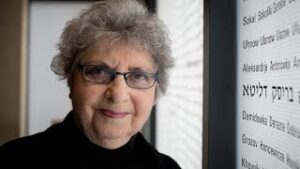
During the genocide of the Jews during the Second World War, my parents and all other family members were deported and most of them were murdered in the concentration camps. I survived in Budapest by sheer luck, running away from the Hungarian Nazis when they wanted to shoot me into the river Danube (that was one of their favourite activities in 1944). Later, I was herded into the Budapest Ghetto with many others who were still in Budapest. It was Raoul Wallenberg who saved the Ghetto from being blown up as planned. After liberation by the Soviet Army, I was put in the Jewish girls’ orphanage. By the end of the summer of 1945, to my greatest wonderful surprise my father returned from Mauthausen.
After the war (I was ten-years-old) for a very long time I kept hoping that my mother and other family members would somehow come back, but slowly I had to realize that it would not happen.
During these weeks when most of us are hiding from the COVID 19 virus, I hear people complain about being shut in and having difficulty with food shopping. I find their problems minuscule compared with what millions suffered during the years of the Second World War.
My message to people is that they should take social isolation seriously. Be patient and whoever can, help the health workers and each other.
When the vaccine is available and the survivors of this pandemic will be free to live and work again, I hope the nations of the world will get over the economic difficulties and cooperate in all matters peacefully.
SAUL BRUCK – Holocaust Survivor
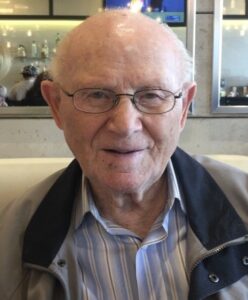
Saul Bruck was born to a large family in 1921 in Lodz, Poland. When the Germans invaded Lodz soon after the outbreak of the war, they introduced many anti-Jewish measures. The ghetto was set up in February 1940 and all the Jews of the city were forced to move there. Saul and his brother signed up voluntarily for a work program in 1939, and they were instead taken to Germany to a labour camp. He was a slave labourer in six labour camps until the summer of 1943 when he was sent to Auschwitz. After the selections he was transferred to Monowitz, where he again did slave labour for one and a half years. In February, he was on a death march to the Buchenwald concentration camp, when he escaped to the forest and was subsequently liberated by the Russian forces in 1945. He was reunited with his two brothers and three sisters, all of whom survived the camps, in a displaced person camp after the war. They lived together in US-occupied Germany for several years before immigrating to Canada and the US in the early 1950s.
I had to believe that tomorrow would be a better day than the last one. This is how I was able to go from day to day, hoping that my liberation would come soon.
You can only adjust to difficult times by living from day to day, one day at a time. It’s difficult to describe. I can only compare the situation to what I went through seventy years ago. Compared to then, today’s situation is heaven on earth.
My advice for anyone going through the health crisis today is that you should be grateful for what you do have- if you are hungry, you can eat, if you’re thirsty, you can drink. You shouldn’t be anxious or worried because you are not under the gun 24 hours a day worrying that any second you could get a bullet in your head.
My message to the public today is that we all have to adapt to the times and that most importantly, tomorrow will be a better day. We have to have a positive outlook. This will not last forever, it will go over (sic) in time, and people will go back to a normal life.

